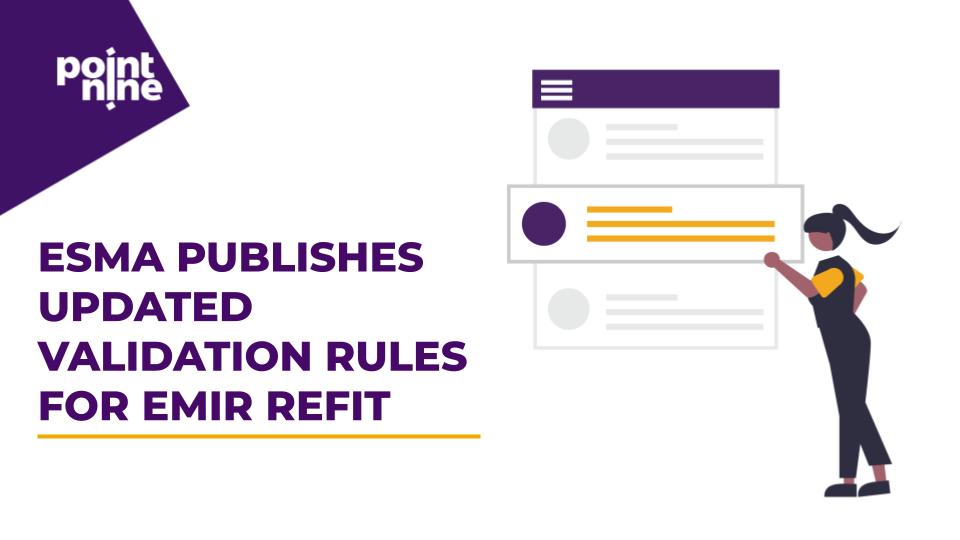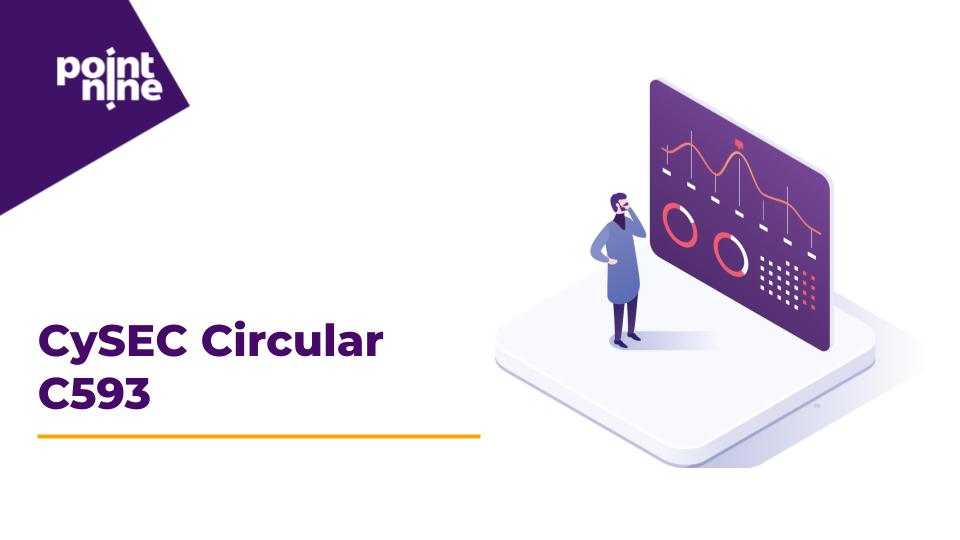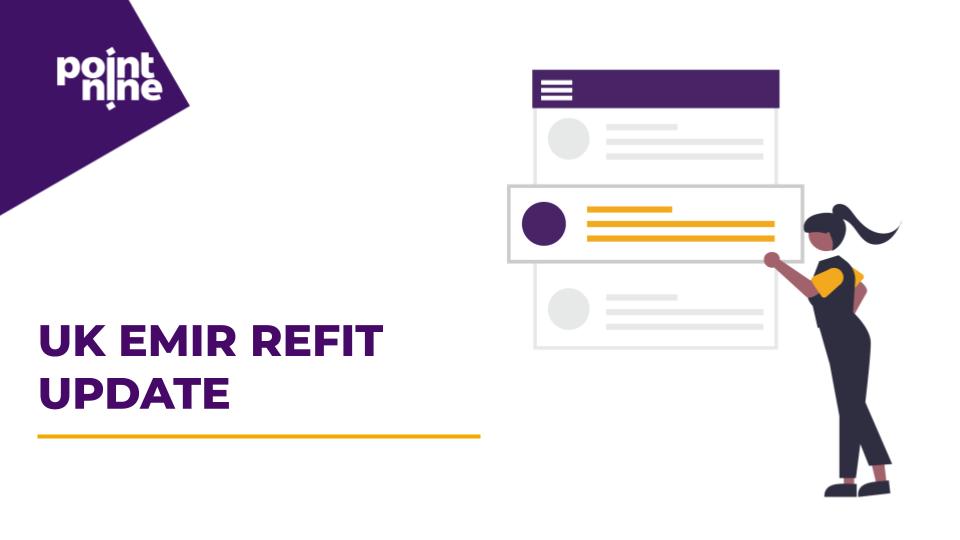European Securities and Markets Authority (ESMA) has published for the first time EMIR and SFTR Data Quality Report 2020. The report covers the progress made to date in improving EMIR data quality for regulatory and supervisory use and concludes that, while good progress has been made, additional efforts are needed by NCAs and ESMA to further improve EMIR data quality.
EMIR Data Quality
Good progress has been made in recent years in improving the quality of EMIR data which allows it to be used for regulatory and supervisory purposes. ESMA and the NCAs have worked
closely to achieve this and carried out numerous activities to improve data quality. However, the analysis of reported data indicates that there are a significant number of derivatives that
are being reported late, not in line with the EMIR format and content rules, as well as derivatives that do not reconcile or are not reported altogether. The report shows that:
- based on early 2021 data, around 7% of daily submissions are being reported late by counterparties;
- up to 11 million of open derivatives did not receive daily valuation updates;
- according to ESMA estimates, there tend to be between 3,2 and 3,7 million of open non-reported derivatives on a given reference date during 2020; and
- around 47% of open derivatives (totalling circa 20 million open derivatives) are unpaired.
The report also contains jurisdictional breakdowns of several data quality issues.
SFTR Data Quality
ESMA, in view of the fact that the SFTR reporting regime was only launched recently, presents a limited overview of SFTR data quality in terms of key data quality indicators, such as rejection rates, as well as an overview of the data reporting landscape. In view of the complexity and scale of SFTR reporting, it is important that all relevant stakeholders – counterparties, TRs, NCAs and ESMA – set aside sufficient resources to monitor data quality thoroughly.
Like EMIR, Brexit has also had a significant impact on the SFTR reporting landscape. There has been nearly 50% decline in the number of open SFTs immediately following Brexit. However, the number of open SFTs has had an increasing trend since.





